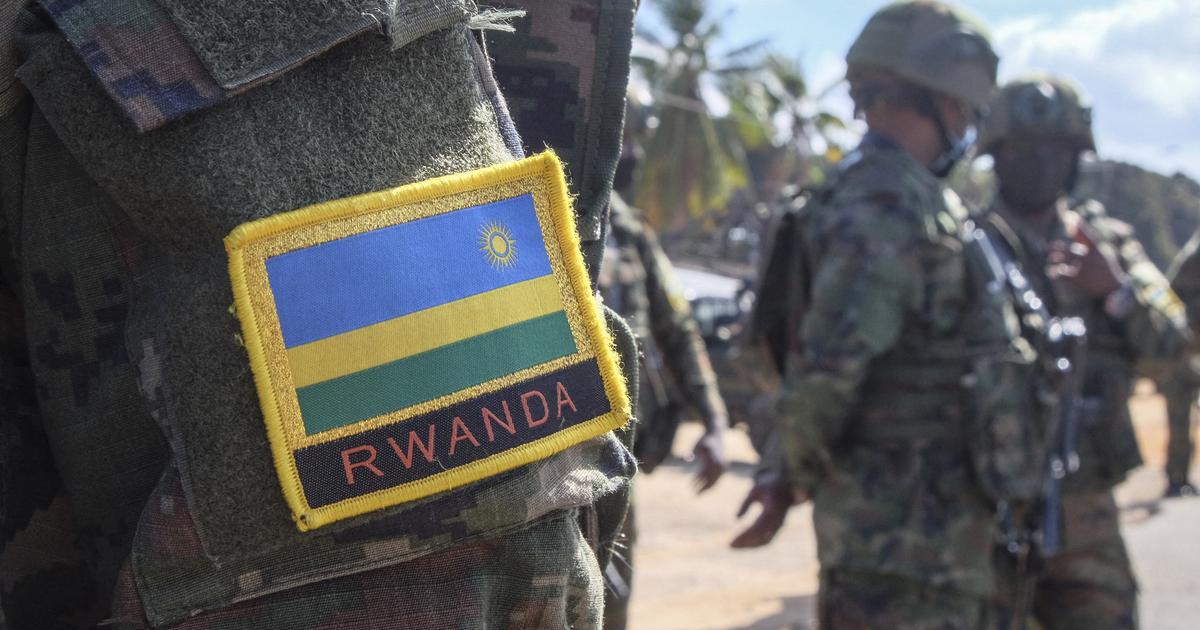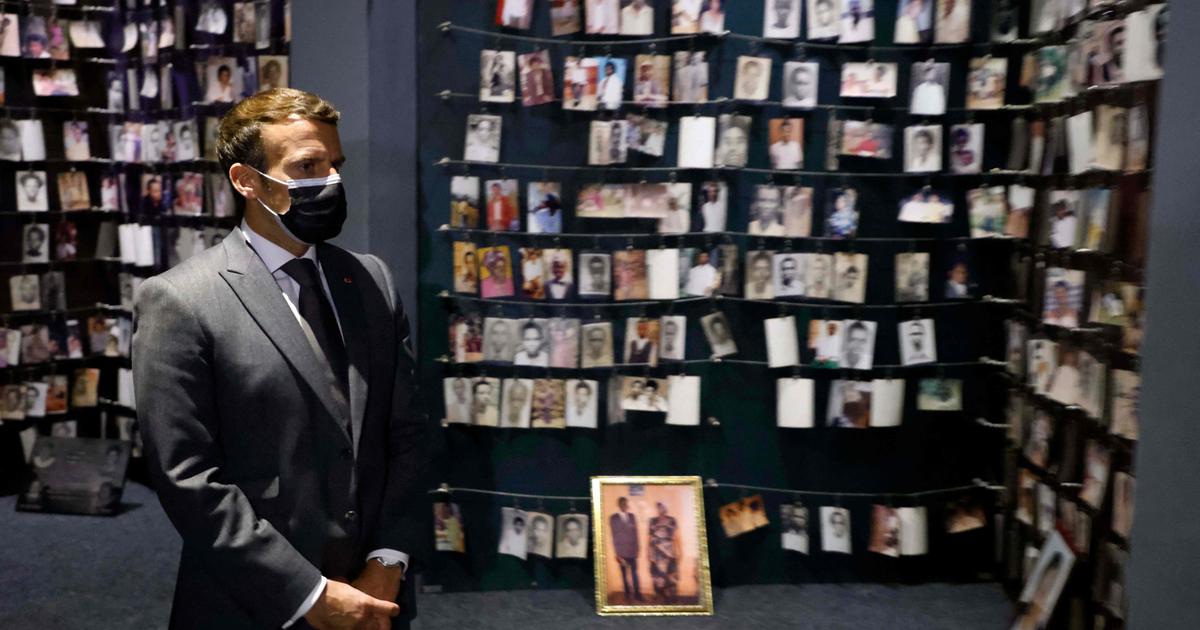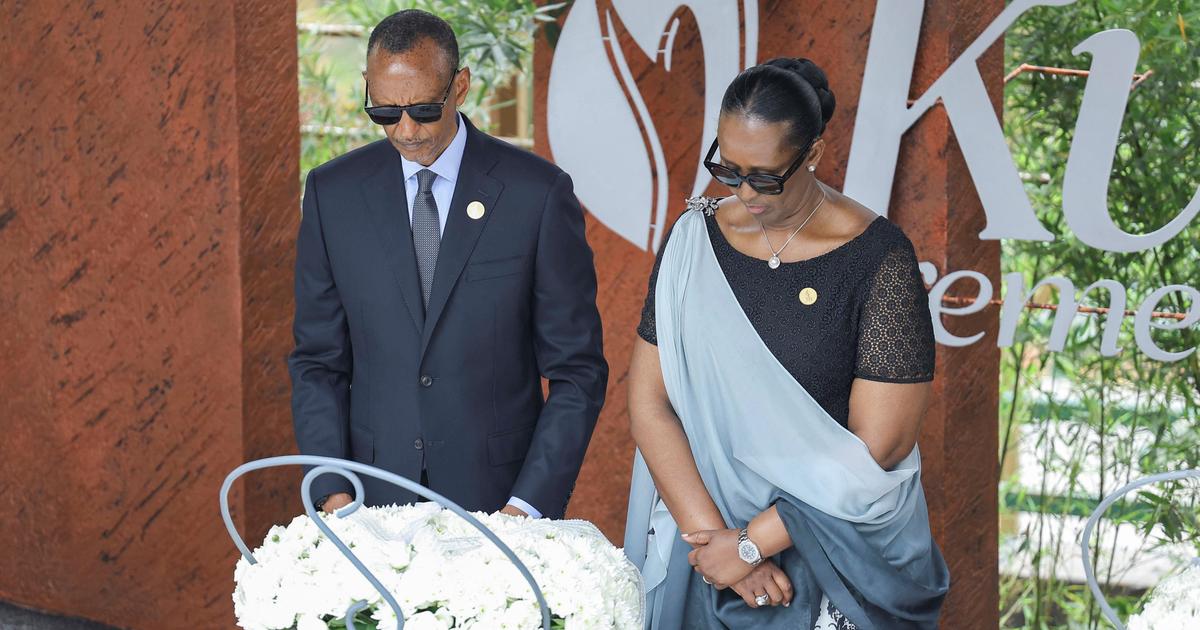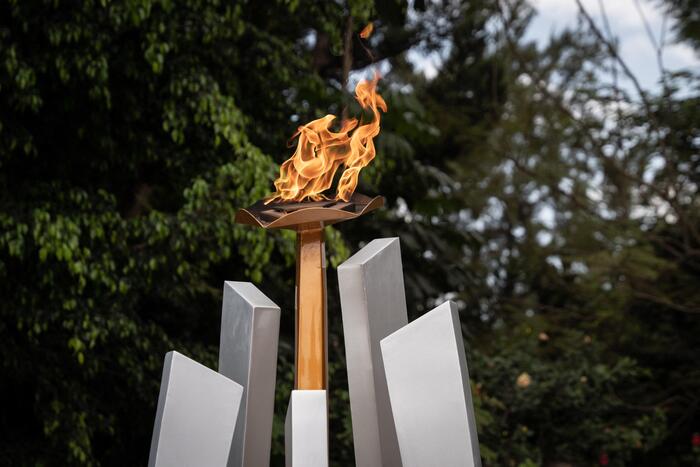General Jean-Claude Lafourcade, at the head of the French military-humanitarian operation "
Turquoise
" accused of inaction in Rwanda during the Bisesero massacres in June 1994, welcomed Friday, September 9 in a statement to AFP of the general dismissal ordered in the investigation on the subject.
"
This dismissal order leaves no room for ambiguity and corroborates in all respects the statements made to the investigators by all the officers concerned, to conclude that the French Army is not responsible
", rejoices the one who commanded the operation in June 1994.
Read alsoBetween France and Rwanda, a long and painful road to reconciliation
The decision of the Parisian investigating magistrates “
demonstrates the futility of the despicable accusations, widely relayed in the cybersphere, and which have wanted to bring discredit to the French soldiers and their action in Rwanda over these many years.
The latter, "
unjustly accused
", "
have been definitively rehabilitated and can display their pride in what they have accomplished in Rwanda
", according to General Lafourcade, referring to an operation carried out with "
humanity, commitment and respect for ethics
" and which "
has saved many lives
.
He asks “
that the account of these tragic events be completed by consulting all the archives of the UN and the various States involved in the Rwandan crisis.
Several civil parties, including the associations Survival, League for Human Rights (LDH), International Federation for Human Rights (FIDH) appealed this dismissal on Thursday.
They accused the Turquoise mission and France of "
complicity in genocide
" for having, according to them, knowingly abandoned the Tutsi civilians who had taken refuge in the hills of Bisesero for three days, allowing the massacre of hundreds of them to be perpetrated by the genocidaires, from June 27 to 30, 1994. According to the UN, the massacres killed more than 800,000 people between April and July 1994, mainly among the Tutsi minority.









